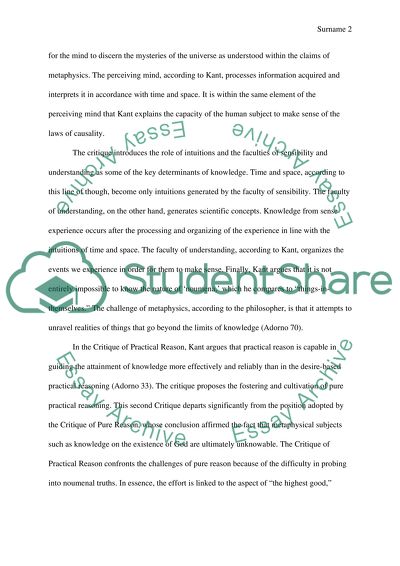Cite this document
(“Philosophy of Religion Essay Example | Topics and Well Written Essays - 2000 words”, n.d.)
Philosophy of Religion Essay Example | Topics and Well Written Essays - 2000 words. Retrieved from https://studentshare.org/philosophy/1466699-philosophy-of-religion
Philosophy of Religion Essay Example | Topics and Well Written Essays - 2000 words. Retrieved from https://studentshare.org/philosophy/1466699-philosophy-of-religion
(Philosophy of Religion Essay Example | Topics and Well Written Essays - 2000 Words)
Philosophy of Religion Essay Example | Topics and Well Written Essays - 2000 Words. https://studentshare.org/philosophy/1466699-philosophy-of-religion.
Philosophy of Religion Essay Example | Topics and Well Written Essays - 2000 Words. https://studentshare.org/philosophy/1466699-philosophy-of-religion.
“Philosophy of Religion Essay Example | Topics and Well Written Essays - 2000 Words”, n.d. https://studentshare.org/philosophy/1466699-philosophy-of-religion.


